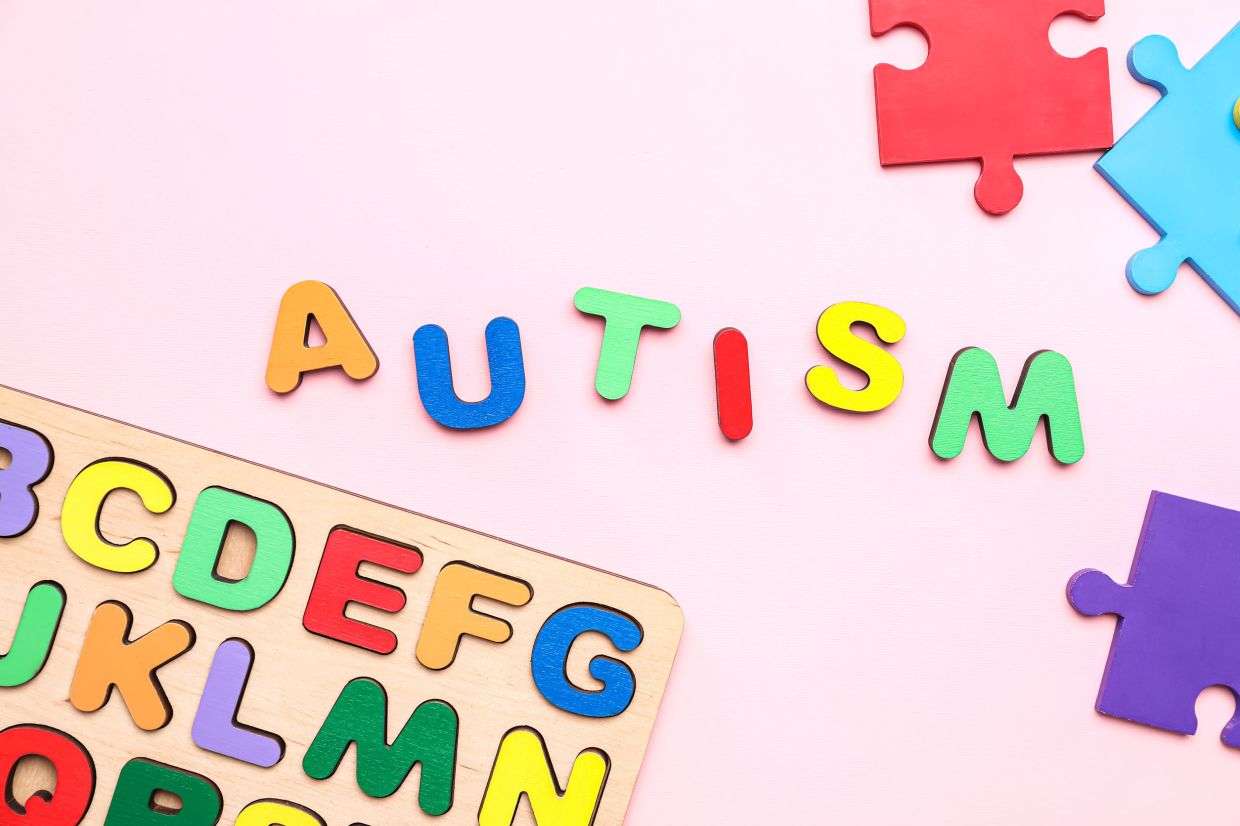Supporting kids with autism fosters their development and enhances their communication skills. Photos: 123rf
When Fatima Ismail Al-Sarayrah’s son was diagnosed with autism at birth, her world came crashing down, and she went into severe depression. Only 19 at the time, Fatima was in a state of denial and believed her son would get “better”.
“I was only 19 years old when I gave birth to Salem in 2010. Back then, autism was hugely misunderstood,” the Jordanian resident said.
“There was no awareness like the way it is nowadays on social media. We used to see autism like a monster, so I was in denial and depression that lasted until 2018.”
Fatima struggled for eight years; her psychological distress compounded by social stigma and misconceptions.
“I was waiting for Salem to ‘get better’,” she told. “But nothing changed until I changed myself.”
With Salem on a severe to very severe autism spectrum and non-verbal, communication with him was challenging. But Fatima had made up her mind to understand and support her son.
In 2018, armed with a newfound determination, Fatima enrolled at Al Ain University, Abu Dhabi, the United Arab Emirates to study psychology.
“It was life-changing,” she said. “Psychology gave me the tools to communicate with Salem effectively.”
Through applied behaviour analysis and music therapy, she saw remarkable progress in Salem.
“Music became a bridge for Salem to express himself. Instead of self-harming, he responded to melodies.”
Fatima did not stop at that. She went on to launch an initiative called Bayan aimed at providing support to mothers of autistic children.
“I wanted to prevent other mothers from enduring the same eight-year struggle,” she said.
Through writing therapy and psychological support, Fatima helped mothers like herself navigate their children’s diagnoses with greater understanding and acceptance.
Every child is unique
Despite her successes, Fatima confronts autism misconceptions almost daily.
“Society often stereotypes autistic individuals either as geniuses or burdens. “This narrow view fails to capture the diversity within the spectrum.”
She encounters well-meaning but misguided comments from people who expect all autistic children to exhibit exceptional talents or assume they are incapable of meaningful communication.
Fatima realises the well-intentioned optimism of mothers but urges them to have a broader outlook.
“While some may indeed develop speech or show remarkable skills, others may have different abilities and challenges.”
Her efforts have surely paid off. Salem, now 15, has made remarkable strides, earning praise for his behaviour and progress.
“He’s my motivation. Despite his challenges, he continues to inspire me every day.”
Salem, who uses sign language and pictures to communicate, and music therapy, has obtained many certificates of appreciation in behavioural, functional, and sports development from multiple establishments, such as the Police General Headquarters in Dubai and Mohammed Rashid Centre for Special Education in Abu Dhabi.
Fatima’s dedication has impacted not just her family but has also resonated in the community. She has been honoured with numerous awards, including an honorary doctorate in autistic creativity, and recognition from international conferences.
As the 34-year-old reflects on her journey, she emphasises early intervention and community support. “Every autistic child is unique. We need to focus on their strengths and provide them with the tools they need to thrive.”
Today, Fatima stands as a source of hope and resilience for parents and families with autistic children. “Autism is not a barrier. It’s a spectrum of potential waiting to be unlocked,” she stressed. – Khaleej Times/Tribune News Service
Life-changing decisions
Supporting kids with autism fosters their development and enhances their communication skills. Photos: 123rf
A mother's love is crucial for nurturing a child with autism. Illustration: The Star/Foo Chern Hwan
Music can soothe people with autism by providing sensory regulation and reducing anxiety.
Photo: 123rf








